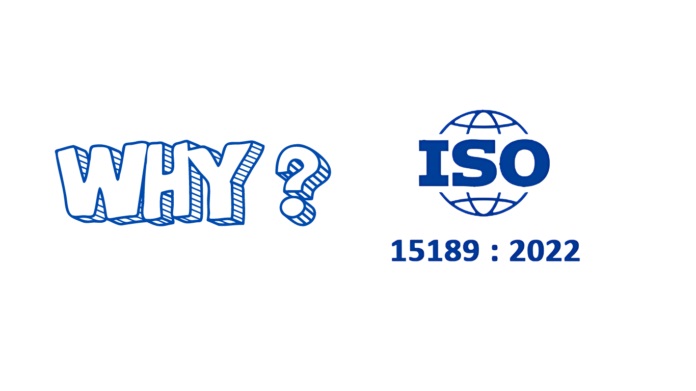Why ISO 15189 Accreditation is Essential for Medical Laboratories

ISO 15189 is the international standard that specifies requirements for quality and competence in medical laboratories. Developed by the International Organization for Standardization (ISO), it is specifically tailored to the unique operations and responsibilities of diagnostic labs. Achieving ISO 15189 accreditation is not merely a formal certification—it is a critical benchmark of trust, reliability, and medical excellence.
1. Enhancing Diagnostic Accuracy and Patient Safety
At the core of ISO 15189 is the assurance of technical competence. Accredited laboratories demonstrate their ability to produce precise, accurate, and timely test results. This is vital because medical decisions—from diagnosis to treatment planning—rely heavily on laboratory data. A single error can lead to misdiagnosis or inappropriate therapy. ISO 15189 reduces this risk by enforcing stringent quality control measures and continuous process improvement.
2. International Recognition and Standardization
ISO 15189 provides a globally recognized framework, enabling accredited laboratories to align with international best practices. This is especially important for laboratories engaged in international collaborations or referrals. It ensures that laboratory results are reliable, comparable, and acceptable across borders, enhancing global healthcare integration.
3. Strengthening Operational Efficiency
The accreditation process promotes a culture of quality and accountability within the laboratory. By defining standard operating procedures, enforcing proper documentation, and ensuring staff competency, ISO 15189 helps streamline operations and reduce errors, delays, and redundancies.
4. Building Trust with Patients and Clinicians
Accreditation instills confidence among patients, physicians, and regulatory bodies. It signals that the laboratory is committed to upholding the highest standards of professionalism, data integrity, and ethical conduct. For clinicians, it means they can rely on laboratory results with greater certainty.
5. Meeting Regulatory and Contractual Requirements
In many regions, ISO 15189 accreditation is increasingly being mandated by health authorities, insurance providers, and institutional partners. It may also be a prerequisite for participating in certain research or public health programs. Maintaining this accreditation positions a laboratory for broader service opportunities and long-term sustainability.
Conclusion
In a healthcare environment where quality and precision are non-negotiable, ISO 15189 accreditation serves as a vital foundation. It elevates the credibility, reliability, and performance of medical laboratories, ultimately contributing to better patient outcomes and public health.
Wellcare Laboratories has been actively ISO 15189 accredited since 2021 for both its Nicosia and Kyrenia branches.